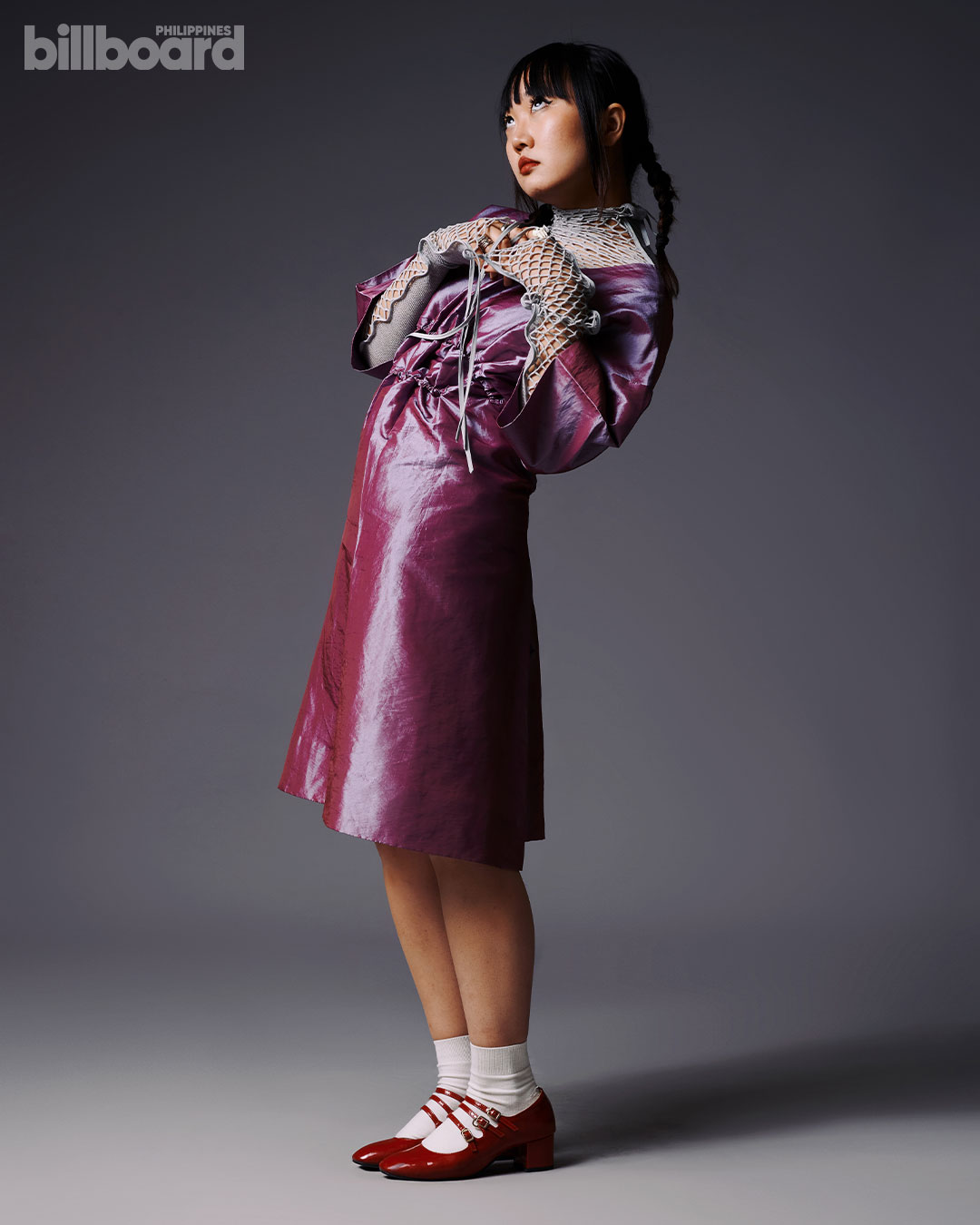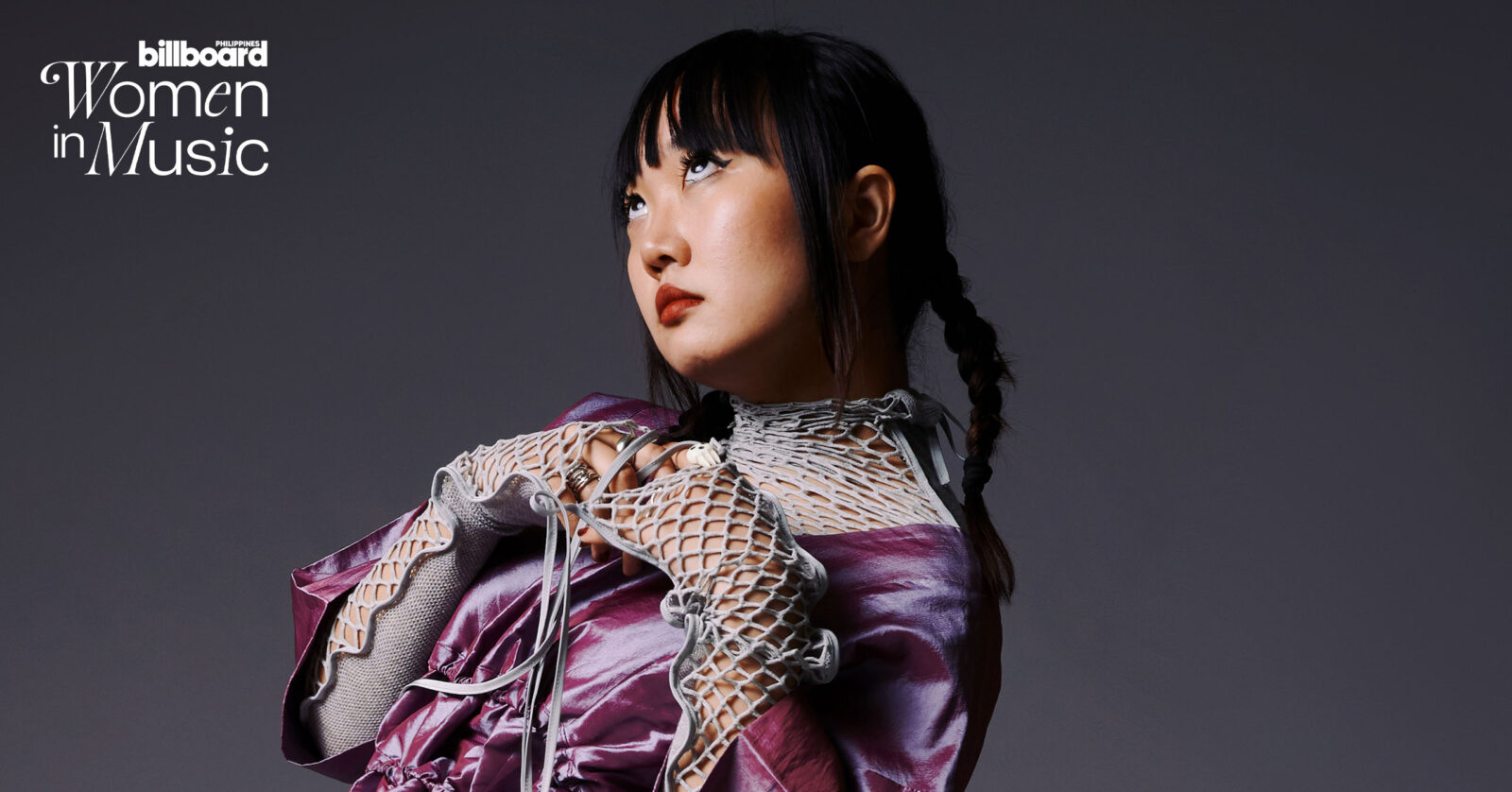Popular music has seen its share of innovators and dissenters throughout its rich history — artists who’ve broken conventions and have taken music to such a different direction that the rest of the industry follows suit. These include iconoclasts like Björk, whose diverse music defies categorization but is recognized through her distinctive voice, and Kate Bush, who challenged the synthetic grimness of the ‘80s with classical arrangements and her four-octave vocal range.
“Kate Bush was very fresh at the time; not a lot of people heard that kind of operatic vocals and a classical element — in a way [it was] something that was never done before,” says Ena Mori as she mentions one of her heroes. “And I think that just because she pushed [boundaries], the music industry kind of followed her art and it pushed the whole music scene. I think every artist [strives for that]. Personally, I feel responsible when I’m making my own music. I want to push [it]; I want to be able to find something that’s outside of what we can think of [first], and I enjoy it very much.”
The acclaimed Offshore Records artist, whose 2022 record Don’t Blame The Wild One won the Awit Award for Album of the Year and topped many critics’ and music fans’ lists of best releases that year, is probably our homegrown scene’s closest counterpart to the aforementioned innovators, or at least has the most potential to achieve what they have on a local scale. The Filipino-Japanese singer has, however, performed internationally — most recently at last year’s South By Southwest (SXSW) festival in Austin, Texas, and just this January, a UK residency where she played four shows for Sofar Sounds London. Her dynamic live sets have also made her a festival favorite, as she has been booked for this year’s Wanderland alongside the likes of Thundercat, Jack Johnson, Lola Amour, and more.

While she’s honored and excited to be considered as a musical “rule breaker,” Ena Mori maintains that she really isn’t one, at least in the other aspects of her life: “It’s really ironic because I have a phobia of doing something [that’s] outside of expectations, when it comes to [stuff] other than music.” But she’s glad that music exists as a way for her to achieve a certain sense of freedom. “It’s always nice to break the rules,” she adds. “I mean, that’s why we have art in the first place; we have to have a space where we do whatever we want, in a society where we kind of have to act in a certain way for us to get accepted by all.”
Don’t Blame The Wild One definitely reflects Ena Mori’s ethos of pushing her own music forward, as sonically it’s quite a leap from her 2020 self-titled debut EP. Everything about her latest album is more confident and in-your-face, from the slick production to her singing itself. “Every time I make a new record, I make sure that there’s something that will push [the music] forward, or further from where I was before or from what the traditional sound should be,” affirms the singer. “The reason why a lot of artists are known for their own sound is because they pushed it a little bit further.”
“The self-titled EP was kind of like my testing moment as an artist, because I did not have a singing background,” she continues. “I wasn’t certain with my sound on the EP; it was more like my introduction to me trying out and figuring out how I want to write songs, or what I liked and what I didn’t like. Don’t Blame The Wild One is a lot more confident, and [I’m] a lot more proud to kind of make mistakes as well — like I learned to embrace imperfections in some of the parts that I made on the album.”
Ena Mori started out playing classical piano while growing up in Japan, eventually making her way here and into the local scene, joining fusion band Dayaw as their keyboardist. Given her background, it may be surprising to some that she chose pop music as the medium of her solo work, but on the other hand, her skills have enabled her to come up with really sophisticated and artful pop. For her, making pop music “just came out naturally,” and was “the fastest and easiest way” to reach listeners. “Naturally, I gravitated towards challenging [norms] in pop and how to make it my own, instead of something that’s familiar to everybody,” she explains. “It’s so cool that there are so many subgenres under the umbrella of pop — you know, we have art pop, synth pop, and all these things — and for me, it’s the most convenient and most honest way that I can write my songs.”
Given everything that Ena Mori has accomplished in the last couple of years — from reaping awards to playing international shows — she is understandably eager about writing more material this year, and just released a new single (“Heartache Generation“) in March. “I think I’m in a different headspace, especially after I went to London for my residency — it’s something that really challenged me as an artist, to solidify what I wanted to do,” she closes. “I’m just really excited.”

